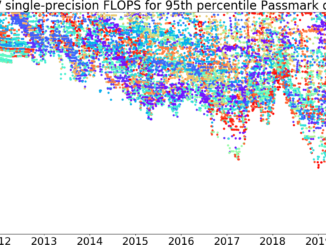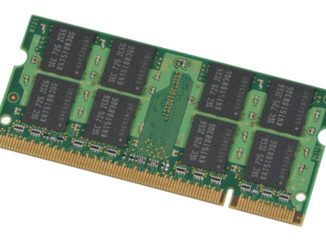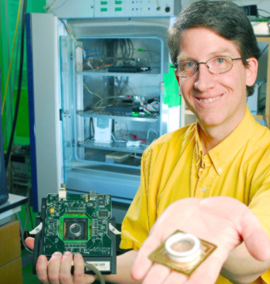
Pages

AI Control

Featured Articles

Featured Articles

AI Timelines

AI Timelines

AI Timelines

AI Timelines

AI Timelines

AI Timelines

AI Timelines